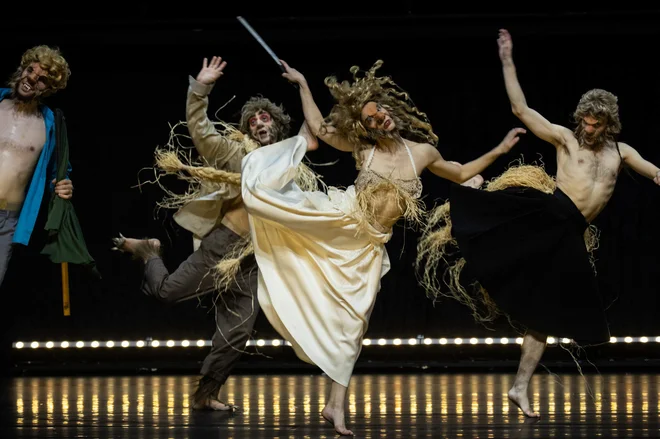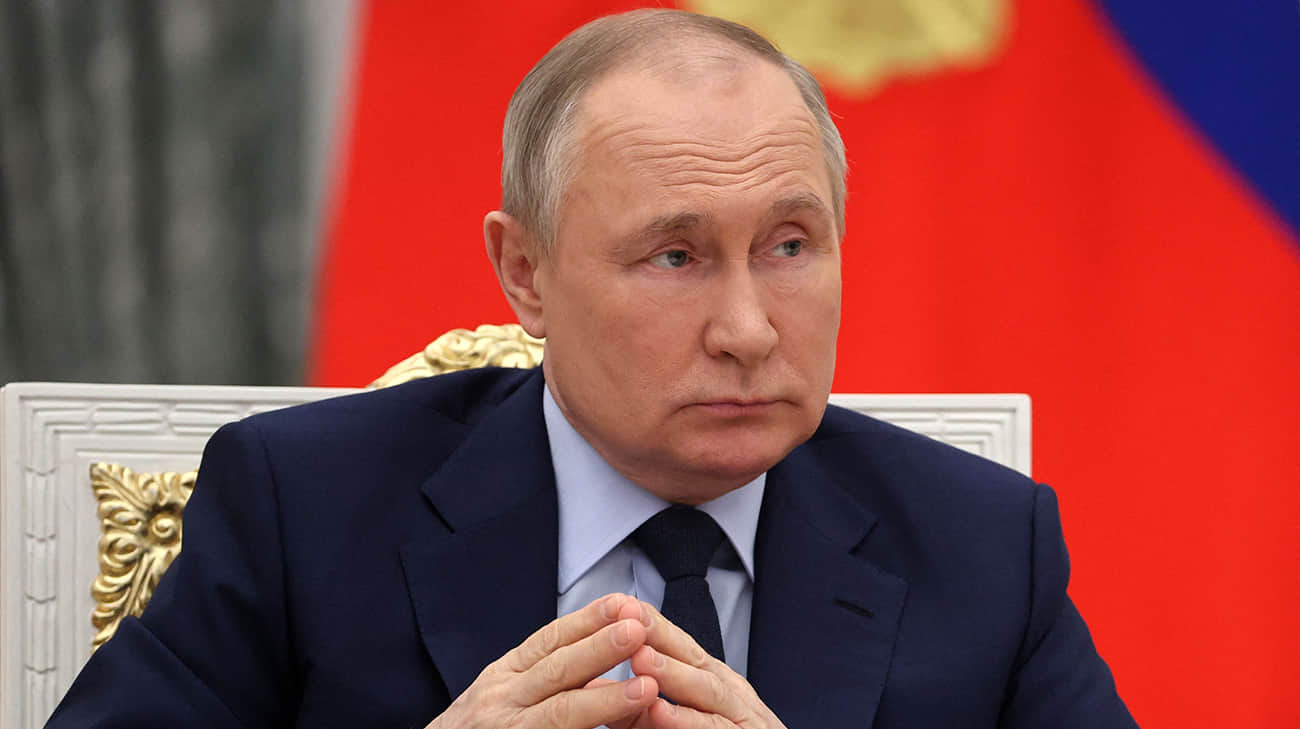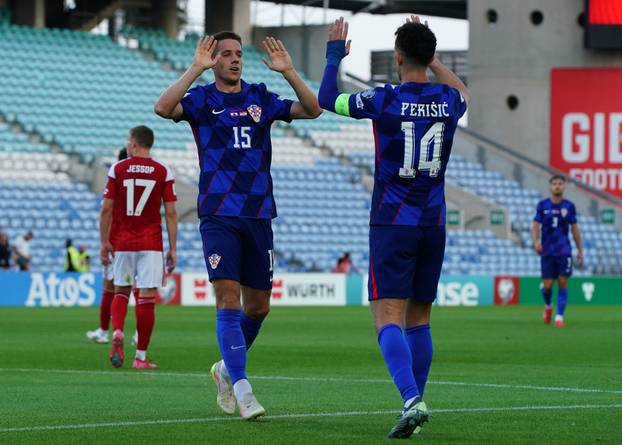If we have to apply criminal law in minors, we have canceled as a society
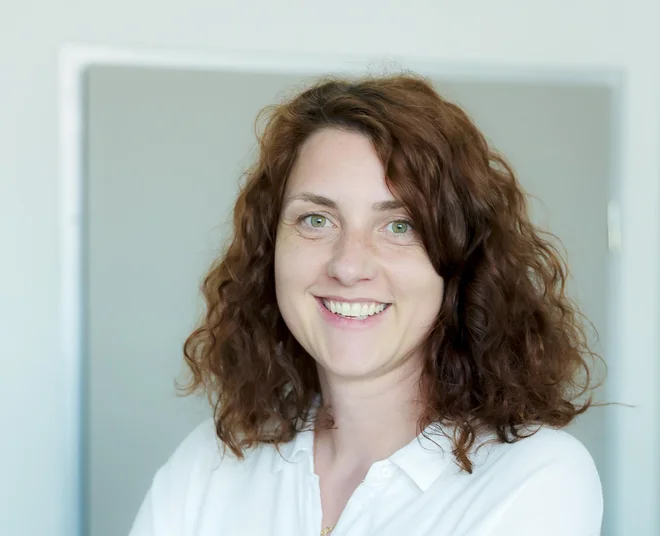
Every fourth adolescent in Slovenia has already faced peer violence: as a victim, a performer or a witness of violence. Last example of a peer violence that occurred in Ptuj, When a group of elementary school students humilially ran over a peer, he again launched numerous debates in public. Among other things, the question was again if young people had to answer their actions earlier, ie at the age of 12 and not 14, as the current legislation envisages.
Last year, the NSi party proposed the tightening of the criminal responsibility of minors committing serious crimes. Customer Champion and MEP Matej Tonin However, days ago, at the NSi Programming Conference, he again emphasized their proposal and said that « if someone is old enough to beat a classmate and publish it on a ticket, he is old enough to take responsibility for it. »
Bill
According to Slovenian legislation, the criminal responsibility of young people begins at the age of 14. At that time, they become younger minors and are already responsible for their actions. In January this year, the Ministry of Justice submitted a bill on the treatment of minors for criminal offenses for a public debate.
Experts have long warned that such a law is necessary to improve the juvenile criminal system, wrote in January MMC. As it is for Work explanations Mojca M. Plesničar According to her information, the response from the Institute of Criminology was a great response from the bill on the bill, but certainly the ministry will soon send a second version to the public.
“We have sent quite a few proposals from the institute, but it is certain that reducing the age border of criminal responsibility would be absolutely harmful. I do not see any good, positive sides of such a solution. And this is not something we invented in Slovenia because we are too permissive, but there is something that most of Europe strives for and it is true, « warns Plesničar.
He points out that changing legislation in criminal law, in critical cases, is quite poor, which, for example, happened in Serbia, when after the 13-year-old shooting is a prime minister Aleksandar Vucic made a proposal to reduce criminal liability from 14 years.
“Something similar has been done decades ago by England, when they reduced criminal responsibility to ten years after an incident. In addition, there are some countries across Europe that have a lower age border, e.g. In Scotland, but a generally accepted age in Europe is 14 or even 15 years. The Council of Europe is also very promoted by the ideas of the child -friendly justice, when children are victims, as well as when children are perpetrators. He views children who come into contact with the criminal system as someone who really needs some orientations, assistance, appropriate measures, so that his path does not continue, « she said.
Namely, Plesničar points out that that we include someone in criminal legal hearing with them a lot of negative side consequences.
Mojca Plesničar points out that that we include someone in criminal legal hearing, namely bring a lot of negative side consequences with them. Photo: Jože Suhadolnik
The purpose is (too) upbringing
A similar opinion is a lawyer and a criminal law specialist Blaž Kovačič Mlinar. “Criminal law is actually the last option that the company has available when all other levers cancel. I think when criminal law has to be applied with minors, we have already canceled as a society. ”As he commented on Worka possible decrease in age age is completely pointless, it is a step back, as neuroscience confirms that the human brain develops at least until 25, if not until the age of 30. “And that is why criminal law also developed all these instruments for minors, which aims not to punish but educate, take over. We believe that until then a person can be changed, « he said.
He also added that in today’s world, adolescents in some respects grow up later, and that by reducing the border, we will certainly not solve the problem: « If so, then everything would be regulated in all areas. »
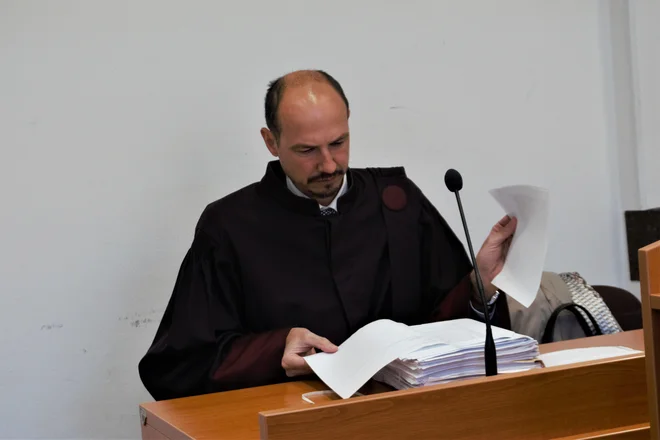
Attorney Blaž Kovačič Mlinar noted, among other things, that he leverage that he is « punished » in cases where adolescents are under 14 years of age, actually exist. Photo: Brane Piano
Mojca M. Plesničar emphasized that, despite the fact that she did not agree with the reduction of the age border for the criminal responsibility of minors, this does not mean that a child under the age of 14 should not be treated and worked with them. “The question arises as to who to work with the younger ones. A broader belief that applies is that it makes sense to make social services with them 14 years ago, not a criminal system. »
Young people really use that they are not yet criminally responsible?
About how they comment on the statement of the school counselor at the Mladika Ptuj Elementary School, who believes that they should reduce the age limit for criminal responsibility to at least 12 years, as « at these years children already know what they are doing. What is worse is that they are aware that they are inviolable at these years and make good use of it, « Plesničar said: » that children are very different, that it is certainly found to be examined when he is criminally responsible, but that « given my knowledge of this growing population, a general awareness of what is a criminal law. Last but not least: how many adults know what is the punishment of a specific crime? How much do we really study the criminal law? « Even lawyer Kovacic Mlinar believes that minors do not think so: » Alas, now I’m 13, but I’m not responsible. That doesn’t work that way. «
Solutions already exist
Attorney Kovacic Mlinar noted, among other things, that he leverage that he is « punished » in cases where adolescents are under 14, actually exist. “After all, the child can be taken away, he or she is placed in an educational institution if there is a problem with raising, for example, that these violent acts would occur several times. Parents may also be punished or in the procedure for neglecting a child if they do not provide adequate education, which also means sanctioning. The instruments already exist, but the question is how many we use. Many people also incorrectly think that there will be more adolescents in prison by reducing the age border, since the latter is a really extreme measure that occurs in rare cases. «
He thinks the problem is elsewhere. When asked if there are more violence today, he replies that violence has always been present, but today it is only more public, since they once did not record and publish violence on the Internet.
Dancer adds that it is true that the moment of social networks has provided another additional aspect of the problem of violence, but it is very difficult to see how much violence really is. « The slight increase is certainly the response to the drop in violence, which was in Caron, but in Slovenia it is difficult to determine trends on the first ball, since the absolute numbers are so small. »
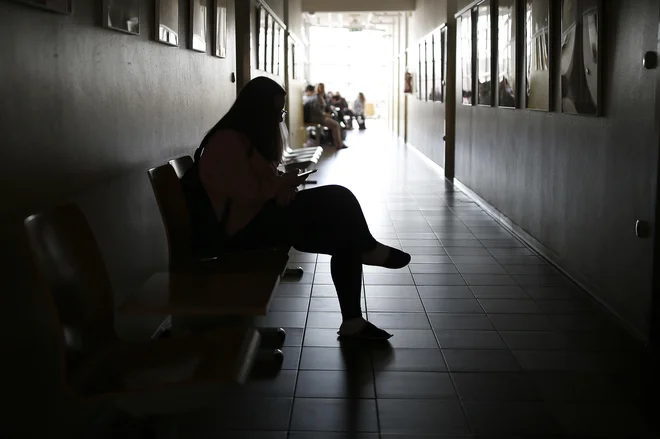
Photo: Blaž Samec
Competent ministers emphasize the importance of cooperation in addressing school violence
At today’s consultation on challenges in confronting threats in educational and higher education institutions, the competent ministers highlighted the importance of cooperation and prevention in the introductory speeches. Minister of Education and Education Vinko Logaj He stressed that providing security is one of the foundations for a successful school system.
According to Logic, the sense of security is also important for students, which depends, among other things, on the prevention, knowledge and consideration of employees’ protocols in certain situations, their engagement and appropriate interpersonal relationships. Were
And how to address the problem?
With all this, the question arises as to how to deal with the problem of violence and crime of young people holistically. Kovačič Mlinar believes that everything is in collaboration: “First of all, the security of the victims must be ensured. But we need to help the perpetrators to see what they are doing. Help to feel such actions affect. Who will teach him this: certainly not a police officer or a prison. «
According to Plesničar, the proven educational psychosocial approaches must be adhered to: “This means early reacting, not waiting for us to come to a terrible fight, which can be done, but to act with appropriate intensity earlier. To address inappropriate behavior, inappropriate behavioral patterns, views to critically evaluate and show children who are really intelligent where and in what way these things can be changed. «
From a system point of view, there is a place to address these things in schools. It is true, as he adds that schools are burdened and have a lot of work to do, but in reality the school is a place where children spend half their daytime, which means that there must also be a place to address such topics.
“Absolutely, parents must play their role, who we know not often. When not, we have social services that have to take action: either to include parents in some training programs that also exist, either then they set certain conditions and instructions to the child and parents. To talk and somehow try to outline this upbringing plan so it will be appropriate, « said the interviewee.
He believes that the solution is not to introduce one subject and responsibility to school, but to talk about violence, emotions that are in the background of this violence, and similar things to several levels: « These content should be included in different subjects, as a way of working with children to perform activities that enhance social connection. affective emotions that can occur when conflict occurs. Correct ways of dealing with conflicts. This is all something that people really learn: one all the time, one never really. But these are certainly the skills that we can give to children in the earlier stages. However, some systematic way of addressing these problems is necessary. «



